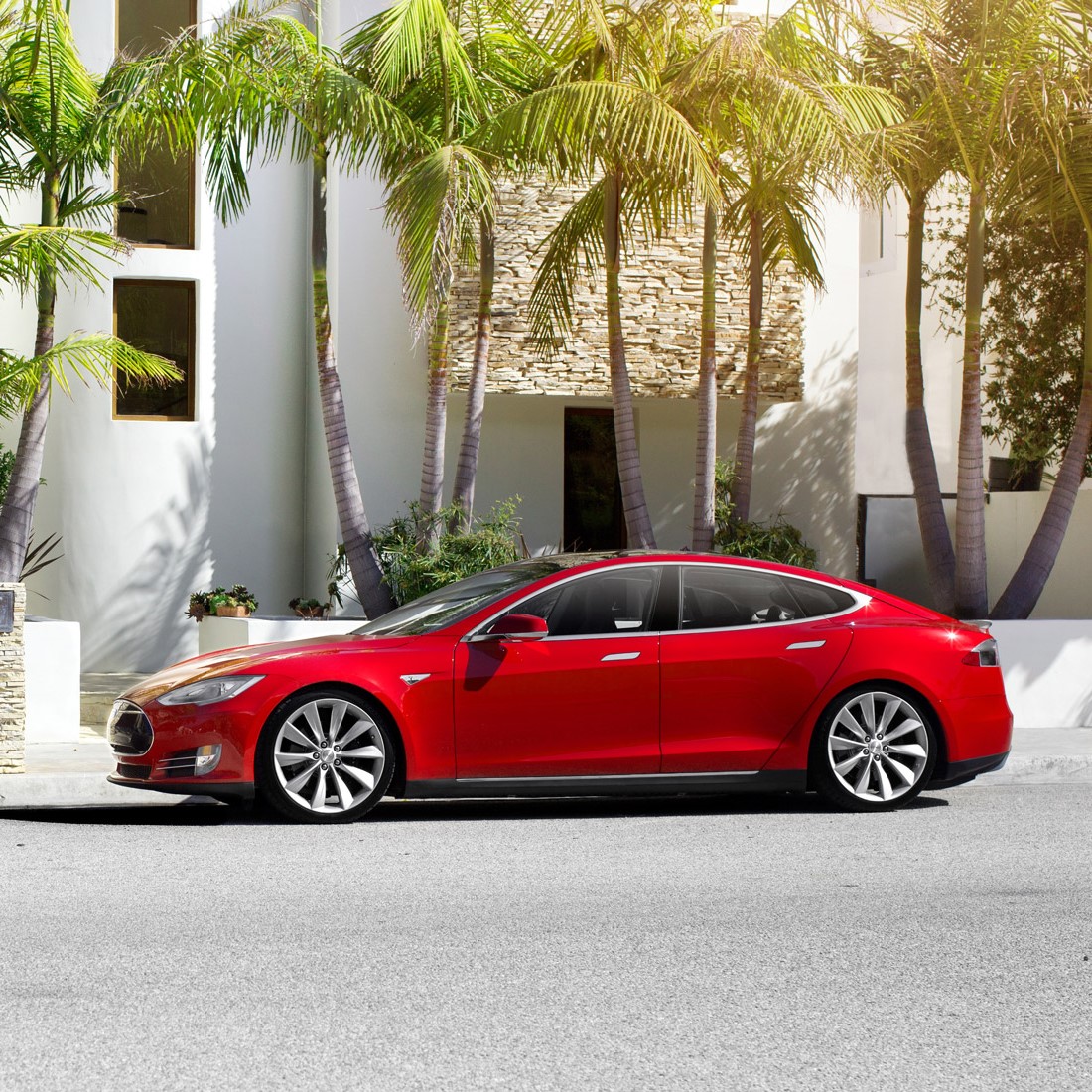Cars and Drivers
As Consumer Reports Hits Tesla, Could Google Be Next?

Published:
Last Updated:

Last August Consumer Reports magazine gave the Model S P85D from Tesla Motors Inc. (NASDAQ: TSLA) a better than perfect score after testing the vehicle. Included in that score was an “excellent” safety rating. All that happened before Tesla introduced its Autopilot autonomous driving technology in mid-October.
Following the fatal crash of a Tesla Model S in May, Consumer Reports is now calling on Tesla to turn off the automatic steering (Autosteer) function and make other changes to how it markets the autonomous driving features. Although the request is aimed at Tesla, other companies testing or working on self-driving features also are being called upon to turn down the volume on the marketing bullhorn.
Alphabet Inc.’s (NASDAQ: GOOGL) Google is perhaps the best-known of the companies working on technology that is alternately called driverless, self-driving or autonomous. General Motors Co. (NYSE: GM) in March acquired a startup named Cruise Automation that had developed and launched an expensive retrofit autonomous device for certain Audi models.
Ford Motor Co. (NYSE: F) said in January that it plans to triple its fleet of autonomous research vehicles this year and accelerate development and testing of its virtual driver software using technology sourced from Velodyne LIDAR. Nissan, Daimler and Volkswagen are among other automakers working on the technology.
Consumer Reports wants Tesla to agree to the following actions:
The consumer group also takes Tesla to task for its marketing practices. Consumer Reports’ vice-president of consumer policy and mobilization, Laura MacCleery, said:
By marketing their feature as ‘Autopilot,’ Tesla gives consumers a false sense of security. In the long run, advanced active safety technologies in vehicles could make our roads safer. But today, we’re deeply concerned that consumers are being sold a pile of promises about unproven technology. ‘Autopilot’ can’t actually drive the car, yet it allows consumers to have their hands off the steering wheel for minutes at a time. Tesla should disable automatic steering in its cars until it updates the program to verify that the driver’s hands are on the wheel.
Shortly after Tesla introduced its Autopilot feature last October, researchers Michael Sivak and Brandon Schoettle of the University of Michigan’s Transportation Research Institute released a report titled, “A Preliminary Analysis of Real-World Crashes Involving Self-Driving Vehicles.” One of the report’s main findings was: “Current best estimates for self-driving cars indicates that the autonomous vehicles have a higher crash rate per million miles traveled than do conventional vehicles.”
Consumer Reports also takes Tesla to task for using consumers as test drivers, and it urged regulatory agencies to increase their vigilance. MacCleery said:
Consumers should never be guinea pigs for vehicle safety ‘beta’ programs. At the same time, regulators urgently need to step up their oversight of cars with these active safety features. NHTSA should insist on expert, independent third-party testing and certification for these features, and issue mandatory safety standards to ensure that they operate safely.
Tesla stock traded down about 0.2% at $222.10 in the late morning Thursday, in a 52-week range of $141.05 to $286.65.
The last few years made people forget how much banks and CD’s can pay. Meanwhile, interest rates have spiked and many can afford to pay you much more, but most are keeping yields low and hoping you won’t notice.
But there is good news. To win qualified customers, some accounts are paying almost 10x the national average! That’s an incredible way to keep your money safe and earn more at the same time. Our top pick for high yield savings accounts includes other benefits as well. You can earn up to 3.80% with a Checking & Savings Account today Sign up and get up to $300 with direct deposit. No account fees. FDIC Insured.
Click here to see how much more you could be earning on your savings today. It takes just a few minutes to open an account to make your money work for you.
Thank you for reading! Have some feedback for us?
Contact the 24/7 Wall St. editorial team.